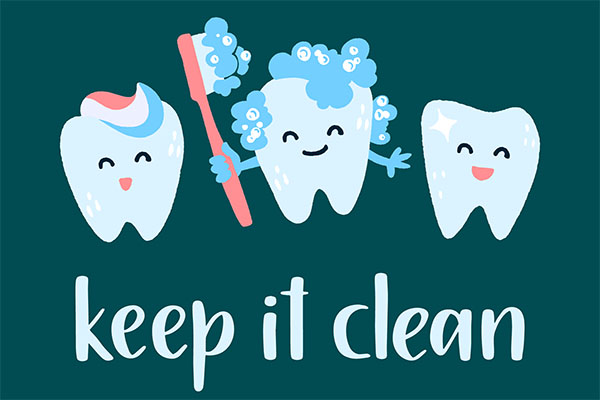 A kid-friendly dentist can treat tooth decay in children and prevent more severe issues from developing. It is helpful for parents to understand how a kid-friendly dentist can treat tooth decay, the signs that indicate tooth decay may be developing, and how to prevent future instances of tooth decay.
A kid-friendly dentist can treat tooth decay in children and prevent more severe issues from developing. It is helpful for parents to understand how a kid-friendly dentist can treat tooth decay, the signs that indicate tooth decay may be developing, and how to prevent future instances of tooth decay.
Tooth decay prevention and treatment from a kid-friendly dentist
The best way to deal with tooth decay is to prevent it from developing at all. Of course, this is not always a possibility, especially among children who are often more vulnerable to tooth decay. When tooth decay develops, a kid-friendly dentist can treat it in the least invasive and most effective way possible to preserve the tooth and prevent tooth loss.
What is tooth decay?
Tooth decay, also known as cavities, is tiny holes in a tooth. They typically result from an acidic reaction that breaks down the enamel, which is the outermost layer of the tooth. Tooth decay is often the result of infrequent or improper brushing and flossing. Certain foods and drinks also contribute to tooth decay, such as sugary and dark beverages (i.e. soda). Tooth decay is not reversible and the purpose of treatment is to fill or cover the damaged portion of the tooth.
Preventing tooth decay
Kid-friendly dentists do everything they can to help their patients prevent tooth decay from developing. This primarily includes a consistent oral care routine, which includes brushing, flossing, and using mouthwash daily. Kid-friendly dentists may also recommend fluoride treatment or dental sealants to prevent tooth decay from occurring.
Treating tooth decay
Tooth decay in children is most commonly treated with a dental filling. A dental filling involves removing the decayed portion of the tooth and filling it with a substitute material. There are different types of filling materials, some of which are tooth-colored. For more severe instances of tooth decay, the kid-friendly dentist may recommend a baby root canal or tooth extraction.
Signs of tooth decay
The signs of tooth decay vary based on the tooth and the location of the decay. It typically begins with discoloration. If detected in the early stages then it can often be treated through fluoride treatment and good oral hygiene. However, after the enamel erodes, it typically leads to more severe symptoms such as tooth sensitivity and requires more extensive treatment.
The importance of good oral hygiene
Good oral hygiene is the best way to prevent tooth decay. For children, this should include brushing two to three times per day, flossing regularly, and using mouthwash once per day. It is also strongly encouraged for parents to limit their child’s sugar consumption to reduce the risk of tooth decay.
Visit a kid-friendly dentist today
To learn more about tooth decay treatment for children, call our team today. The kid-friendly dentist and team can answer questions on the initial call and schedule a consultation to discuss all available treatment options.
Request an appointment or call Alexandria Old Town Dental at 703-763-1078 for an appointment in our Alexandria office.
Related Posts
A children's dentist provides specialized oral healthcare designed to meet the unique dental needs of kids and teenagers. A visit to a children's dentist involves more than just checking for cavities and gum disease. These pediatric dental professionals offer a comprehensive range of services tailored to promote healthy development, prevent future problems, and establish positive…
A kid friendly dentist sets your child up for a lifetime of good dental health. Parents should make their children’s oral health a top priority from the moment they’re born. A child’s teeth are fully developed in the womb, it just takes some time after they are born for them to erupt.The American Dental Association…
Pediatric dental services help to keep your child’s developing teeth healthy and help with the early detection of abnormalities. A pediatric dentist performs preventative treatments that help to keep your child’s teeth healthy, and they educate parents and their children about ways they can improve their oral hygiene.Great dental health often starts during childhood. Parents…
